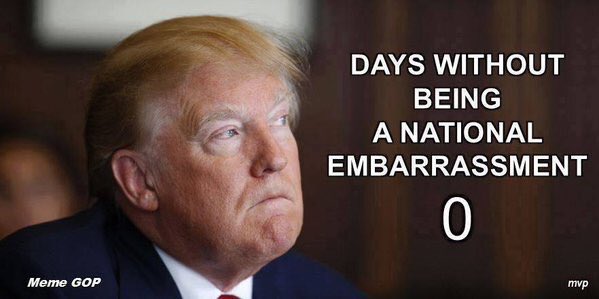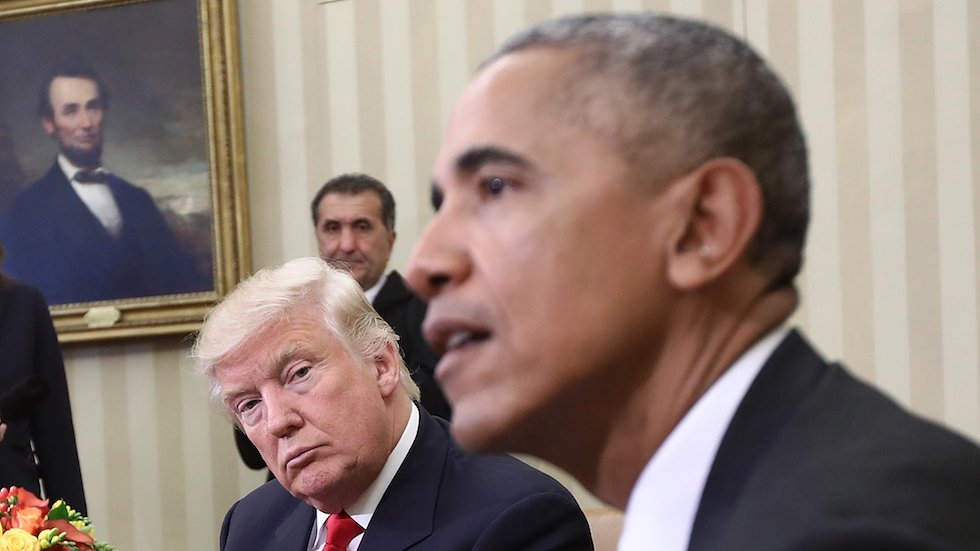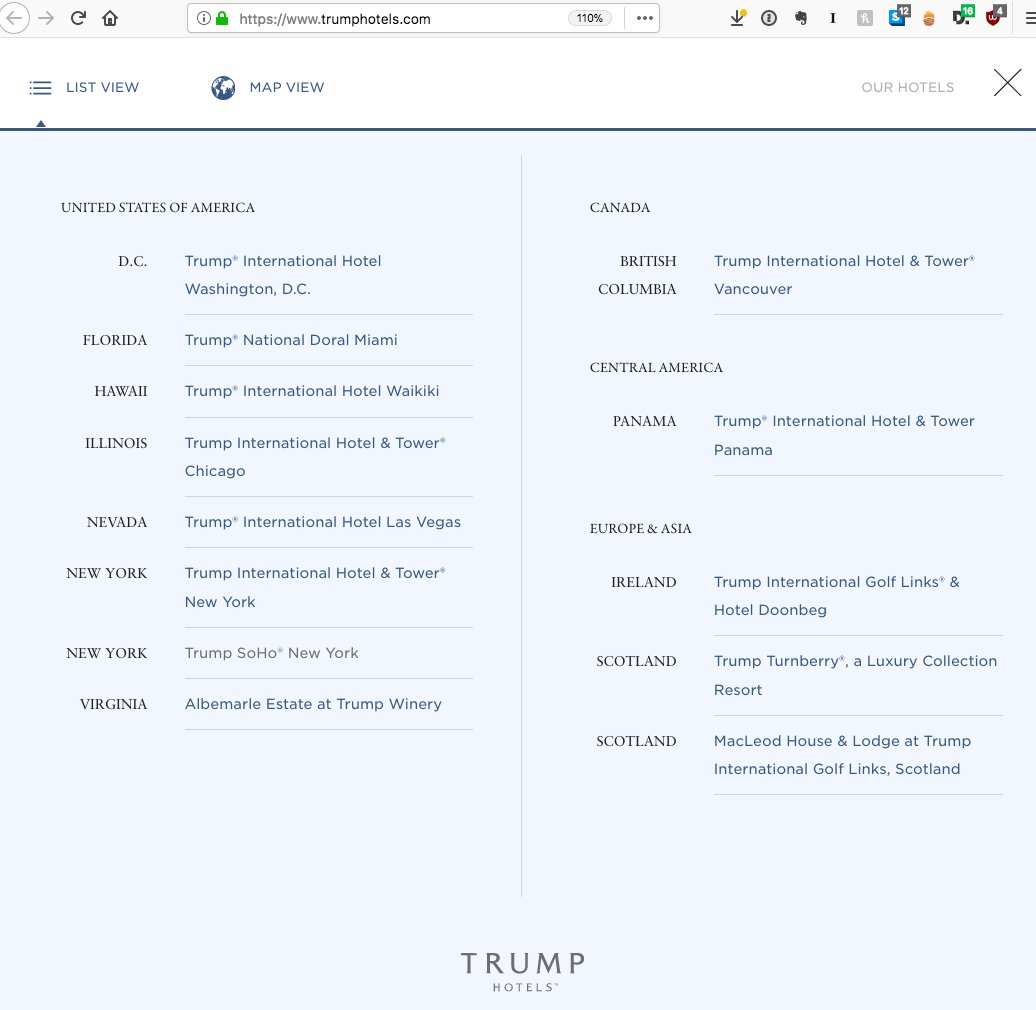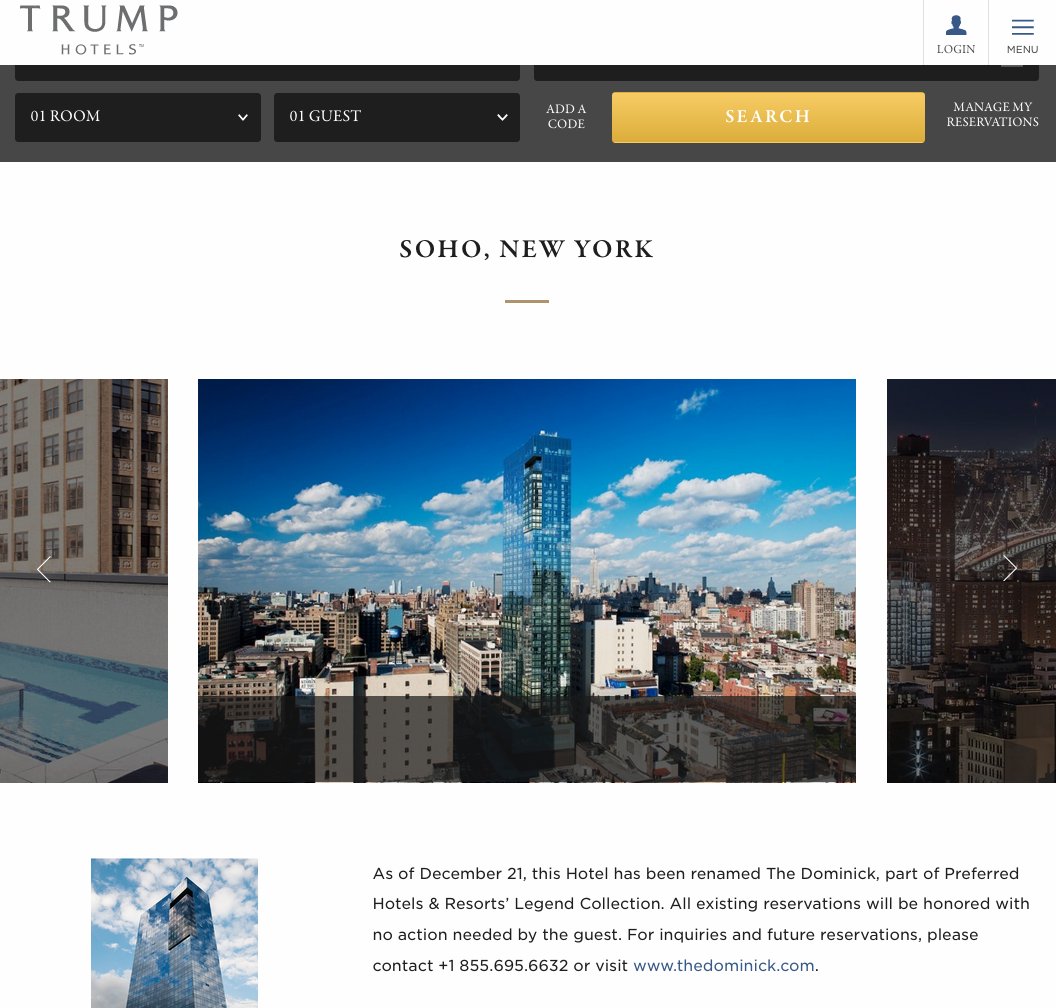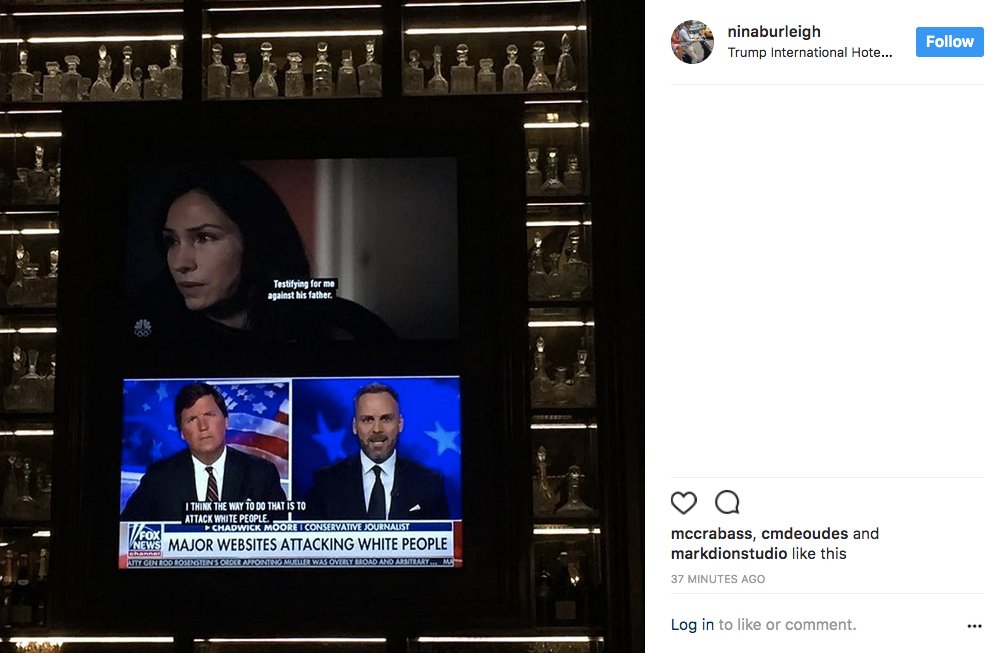Two reasons:
1. The Brexit conversation has more grifters, chancers and hacks than a Trump Cabinet meeting; &
2. A 'Customs Union' can be done in many different ways.
Can't fix #1, so a thread on #2.
Countries in geographical proximity agree to eliminate tariffs between them, and instead have a single set of mutually agreed tariffs on everyone else.
Something entering the bloc's territory only pays tariffs once.
Like IKEA furniture, a Customs Union looks simple once assembled but building one as a couple leads to screaming and broken Fjalkinge.
Not all Customs Unions cover every single type of product (tariff line). The most famous example of this is Turkey-EU, which excludes agriculture.
When a country binds itself to eliminating all or most of its tariffs against you, it generally wants some guarantees you're not going to exploit that openness by heavily subsidizing your producers to crush theirs.
In practice, there are many different ways the EU and UK could agree state aid rules without the UK staying in CAP.
Under certain circumstances, the WTO rules allow Members to levy defensive tariffs in specific products from specific sources if they have evidence those products are being unfairly subsidized or dumped on their market.
A Customs Union can, as the name suggests, be exclusively focused on tariffs/customs duties.
However, the more internal alignment and mutual recognition a bloc has internally, the easier trade can flow in it.
A common external tariff really limits the ability of individual Customs Union bloc members to negotiate FTAs with goods market access (tariffs) components.
You can't have half a customs bloc with a 10% tariff on US cars and half with 0%.
The UK and EU could agree, for example, that the EU would require all future FTA partners to also extend their market access offers to the UK.
This is probably a bit too ambitious, but a really robust consultation mechanism with commitments by the EU to take UK interests into account is a possibility.
Because they are unanswered, almost any claim about what a potential EU-UK Customs Union WILL BE should be treated cautiously. The negotiations haven't happened yet.


